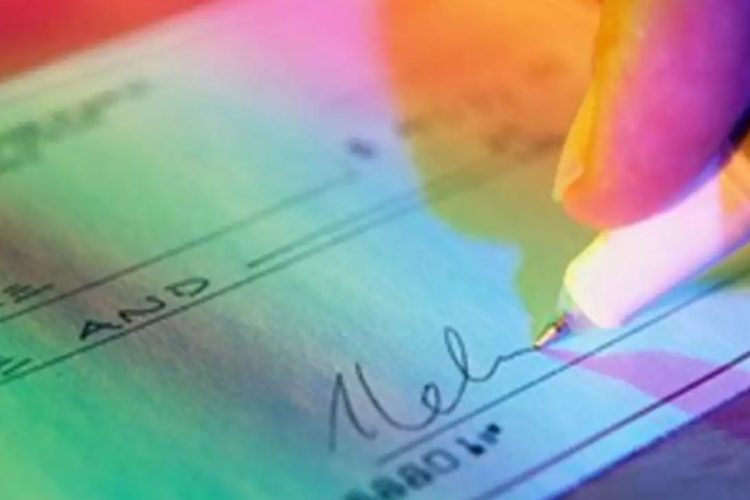An occurrence of the cheque bounce that is when a bank rejects to honour it because the account of the payee contains insufficient funds, mismatch of signature or other such reasons like having an ice block on its account or date error. Such refusal signifies that there was no payment made. A cheque bounce has consequences such as financial penalties on both parties involved in the transaction and legal implications, and this may affect one’s ability to have credit facilities extended to him. Multiple instances of dishonoured cheques can result in more strict sanctions including debarment from operating accounts and prosecution under Negotiable Instruments Act.
Cheque Bounce Laws in India
In India the cases of Cheque Bounce are secured by Section 138 of Negotiable Instruments Act, 1881. In some scenarios, where a cheque has been returned due to lack of funds or exceeded arrangement limit, the payee may prefer going legal. Some important points here include:
1.The payee must serve a written notice demanding for payment upon the drawer within thirty days after being sent back bounced cheque memo by bank.
- The drawer should clear the balance within 15 days after receiving notification.
- In case payment is not made within fifteen days from receipt of notice given under letter b above, complainant can institute a suit in a magistrate court against defendant within one month from elapsing those fifty days.
Penalties for cheque bounce can include a fine up to twice the cheque amount, imprisonment up to two years, or both.
Reasons why your cheque bounced :
- Insufficient fund: This is due to the truth that there is not sufficient cash in the account to pay for the cheque.
- Mismatched signature: The bank does not have a matching signature on the check.
- Post-dated checks: The date said is after the cheque has been displayed.
- Stale Cheques: It must be noted here that this happens when a cheque is lodged subsequent to its validity period (which usually runs for three months from the date of issue).
- Variation of Figures and Words: Amount written in words on a cheque and figures written, do not tally.
- Account Closure or Freeze: For reasons of legality or administration, this account was either closed or frozen.
How to Avoid Bouncing Cheques
- Maintain Sufficient Fund: Make sure you have enough money on your account before issuing cheques.
- Check again: Before signing, please confirm that every detail including dates, amounts and signatures are correctly filled out.
- Use Updated Signatures: Please ensure your bank has been given your current signature.
- Do Not Post-date Your Checks: Issue checks with today’s date so as to avoid any confusion later on.
- Regularly Monitor Account Status: Check if there are any changes or restrictions placed upon my accounts consequently knowing their status at all times becomes vital in this context.
- Check Cheque Validity Period: Depositing cheques within their valid period is important in avoiding future inconveniences.
Assistance of a Cheque Bounce Lawyer
A cheque bounce lawyer could provide you assistance with all the legal issues including the ways to avoid getting in a situation where a cheque bounces. Cheque bounce cases have been increasing day by day and a cheque bounce lawyer is a must for such situation. LawChef is a platform where you can find lawyers who have dealt with cases related to negotiable instruments for more than a decade. The cheque bounce lawyer will provide you handcrafted solution for your problem. Visit the site for more data and help.

